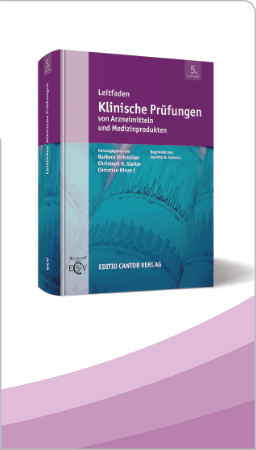In vitro Evaluation of Matrix Tablets Based on Thiolated PolycarbophilAndreas E. Clausen and Andreas Bernkop-Schnürch Center of Pharmacy, Institute of Pharmaceutical Technology and Biopharmaceutics, University of Vienna, Vienna (Austria) Based on thiolated polycarbophil, a mucoadhesive peptide drug delivery system with improved stability and release properties has been established. Mediated by a carbodiimide, L-cysteine was covalently linked to polycarbophil (PCP). The amount of cysteine moieties on the polymer was in the range of 72.6 ± 5.8 µmol/g polymer. Disintegration studies with tablets of thiolated PCP (PCP-Cys) demonstrated a stability for 48.3 ± 1.5 min at 37 °C in 100 mM Tris-HCl pH 6.8, whereas tablets of the corresponding unmodified polymer (PCP) disintegrated within a time period of 13.8 ± 1.6 min (mean ± SD, n = 3). During these disintegration studies the amount of thiol groups decreased in tablets consisting exclusively of PCP-Cys by 80.0 ± 4.5 %, suggesting that the formation of inter- and/ or intramolecular disulfide bonds is responsible for this strongly improved stability of tablets based on the thiolated polymer. Further experiments demonstrated that this decrease in thiol groups can be lowered t o 64.2 ± 0.8 % by substituting 60 % of the thiolated polymer by mannitol. Release studies of the fluorescence labelled model drug insulin showed that an almost zero-order release kinetic can be provided by the use of thiolated polycarbophil as carrier matrix. The results represent helpful information in order to improve the stability and release properties of matrix tablets based on mucoadhesive polymers.
Key words Controlled drug release · Matrix tablets, disintegration behaviour · Mucoadhesive polymers · Thiolated polycarbophil |
|
|
pharmind 2001, Nr. 3, Seite 312




